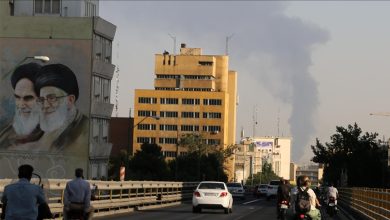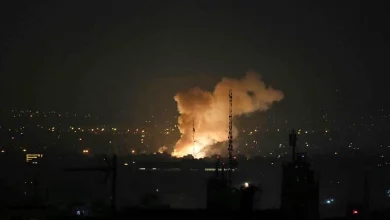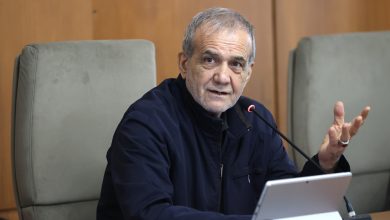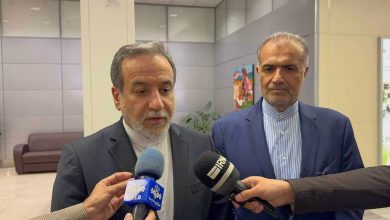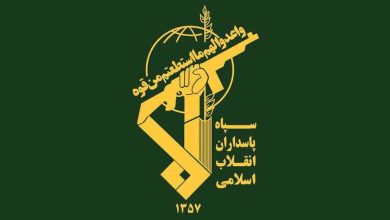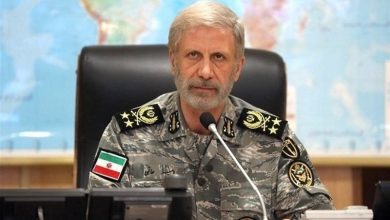Araghchi asserts that Iran remains firm in its stance, refusing to participate in negotiations under duress or intimidation
Iran's Foreign Minister, Abbas Araghchi, has unequivocally rejected the notion of entering into talks under conditions of coercion or intimidation, emphasizing Tehran's firm stance on diplomatic engagements.
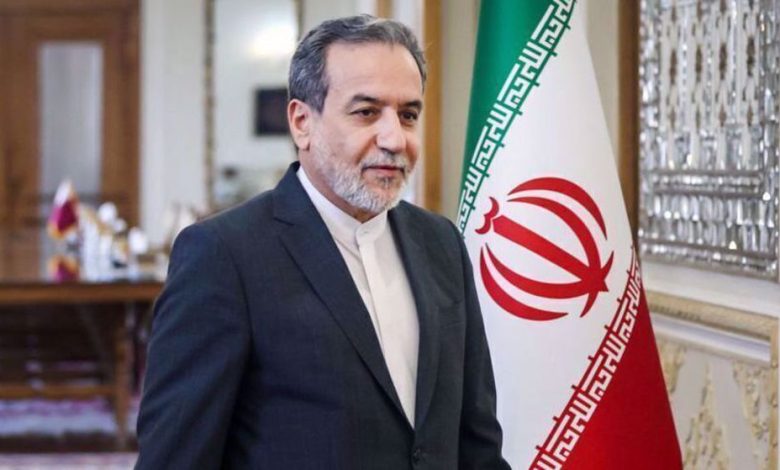
In a statement made on his X platform account on Monday, Mr. Araghchi firmly declared that negotiations would not be entertained under any form of pressure or intimidation, regardless of the topic at hand.
He emphasized that negotiation is distinct from employing tactics of intimidation or imposing authoritative decrees.
He reiterated the enduring peaceful intentions behind Iran’s nuclear energy program, stressing that there is intrinsically no potential for its “militarization.”
In a recorded interview with Fox News on March 6, former U.S. President Donald Trump asserted that Iran could be addressed either through military action or by negotiating an agreement regarding Tehran’s nuclear program.
On Saturday, Ayatollah Seyyed Ali Khamenei, the Leader of the Islamic Revolution, remarked that the persistent calls for dialogue with Iran from certain domineering powers do not serve the purpose of resolving disputes. He underscored Iran’s firm stance against meeting the demands of such coercive states.
Araghchi announced on social media that Iran is currently engaged in consultations with the European troika, comprising France, Germany, and Britain, as well as holding separate discussions with Russia and China. These talks are being conducted on the basis of equality and mutual respect.
The primary objective is to identify strategies to enhance confidence and transparency within our nuclear energy program, with the goal of securing the removal of what are deemed to be unjust sanctions, according to Iran’s leading diplomat.
He observed that historically, the United States garnered respect from Iran when its discourse was marked by respectfulness. Conversely, whenever the U.S. adopted a threatening stance, it faced confrontation.
In a recent statement, Araghchi emphasized the causality principle by asserting that “every action compels a reaction.”
Iran and three European nations have been intermittently engaging in discussions since 2021, following the United States’ 2018 withdrawal from the 2015 nuclear agreement, officially termed the Joint Comprehensive Plan of Action (JCPOA). This withdrawal led to the reimposition of stringent sanctions on Tehran.
The three-member group was unable to fulfill their commitment to reengage Washington in the agreement.
Tehran has commenced a gradual reduction of its obligations under the Joint Comprehensive Plan of Action (JCPOA) following a series of pre-announced and transparent measures. This action comes in response to the perceived inability of the other signatories to safeguard Iran’s interests as outlined in the agreement.

